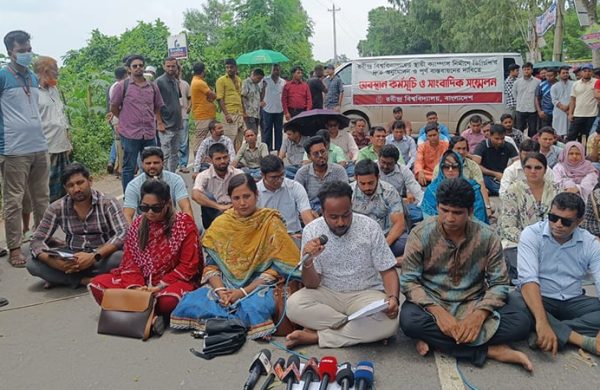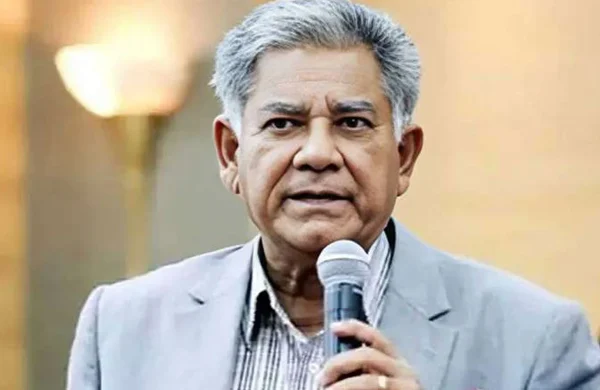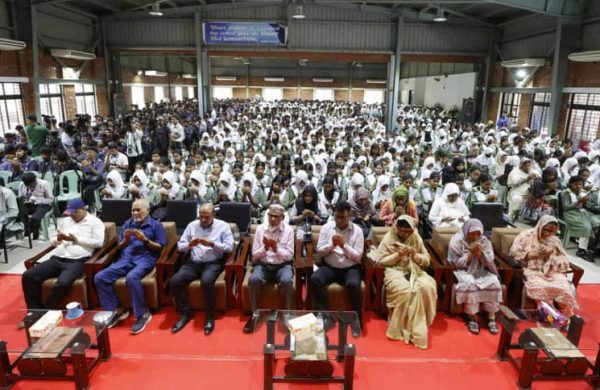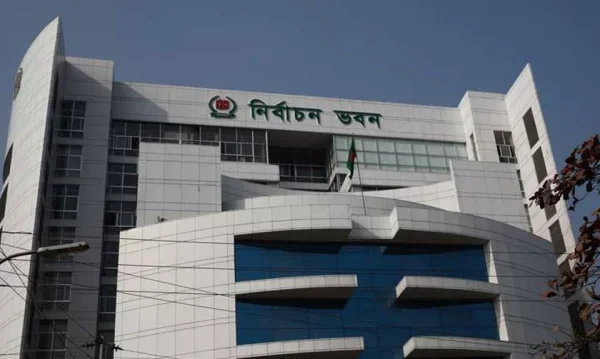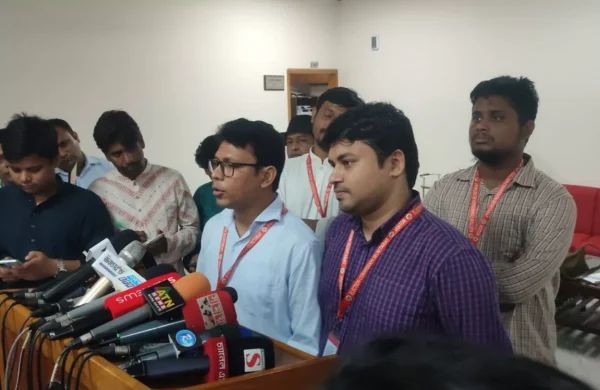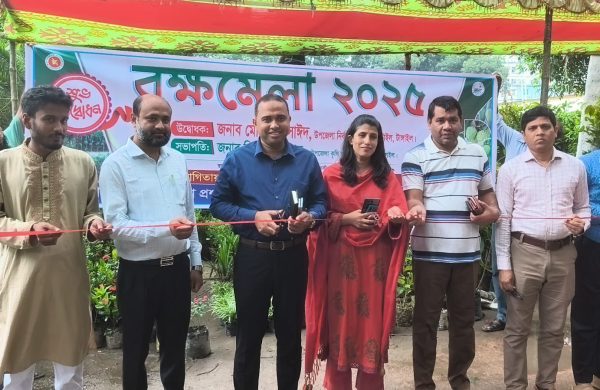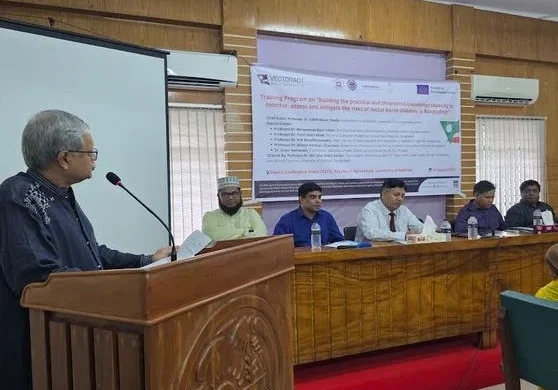Textbook review committee cancellation: Interim govt complicity with radicals worrisome, TIB says
- Update Time : Monday, September 30, 2024
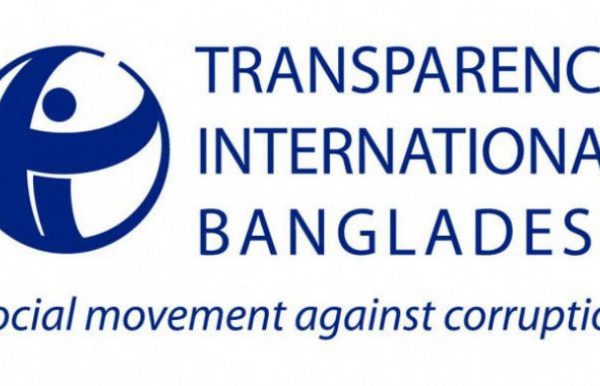
TDS Desk:
The Transparency International Bangladesh (TIB) today (30 September) said the interim government had set a worrisome and risky precedent by compromising policy decisions in response to “self-interested radical threats”.
In a press release, the organisation expressed deep concern that the decision to cancel the coordination committee to amend and revise all textbooks, prepared and printed by the National Curriculum and Textbook Board (NCTB), contradicted “the vision of a non-discriminatory ‘New Bangladesh’ and its non-communal spirit”.
“This, TIB asserts, is indicative of the interim government’s compromising stance,” it said.
TIB Executive Director Dr Iftekharuzzaman said, “We are alarmed by efforts to spread malice, hatred, and hostility against non-communal spirit and pluralism, which are gaining momentum. The interim government is compromising by succumbing to the propaganda and threats posed by self-interested factions.”
He added, “A troubling example of this is the cancellation of the coordination committee to amend and revise textbooks, which not only represents a concession to fundamentalism and communalism but also betrays the very aspirations of ‘New Bangladesh’ for a non-discriminatory, non-communal, and democratic future.”
Zaman further said, “No matter how overpowered the oppressive and communal forces that have emerged from the ruins of authoritarianism are, and no matter how hard they try to impose their discriminatory ideology on society, we firmly believe that the mainstream of the anti-discrimination movement will not allow such forces to thrive. The strength of the interim government lies in the core values of the anti-discrimination movement—pluralism, inclusiveness, equality, and non-communalism.”
Nevertheless, he expressed hope that the government would continue to uphold its responsibility to reform the state and avoid compromising with all forms of malign forces, especially communal and fundamentalist factions.
The Ministry of Education on Saturday dissolved the 10-member coordination committee formed to revise and amend all textbooks.
On 15 September, the government had formed the committee for the revision and amendment of all textbooks prepared and published by the National Curriculum and Textbook Board (NCTB).
On 22 September, Bangladesh Jamaat-e-Islami Secretary General Mia Golam Parwar called upon the government to include at least two alems (Islami scholars) in the committee. Mufti Syed Muhammad Rezaul Karim, amir of the Islamic Andolan Bangladesh (IAB), also made the same demand.
A similar demand was also raised by a teachers’ organisation named National Teachers’ Forum.
Anu Muhammad, a former economics professor at Jahangirnagar University, said, “The cancellation of the textbook revision committee does not send a good message. Any decisions should be made thoughtfully. Many people are now raising complaints against the committee, opposing it in the name of religion. If the committee is dissolved because of this, it will reflect the government’s weakness.”


